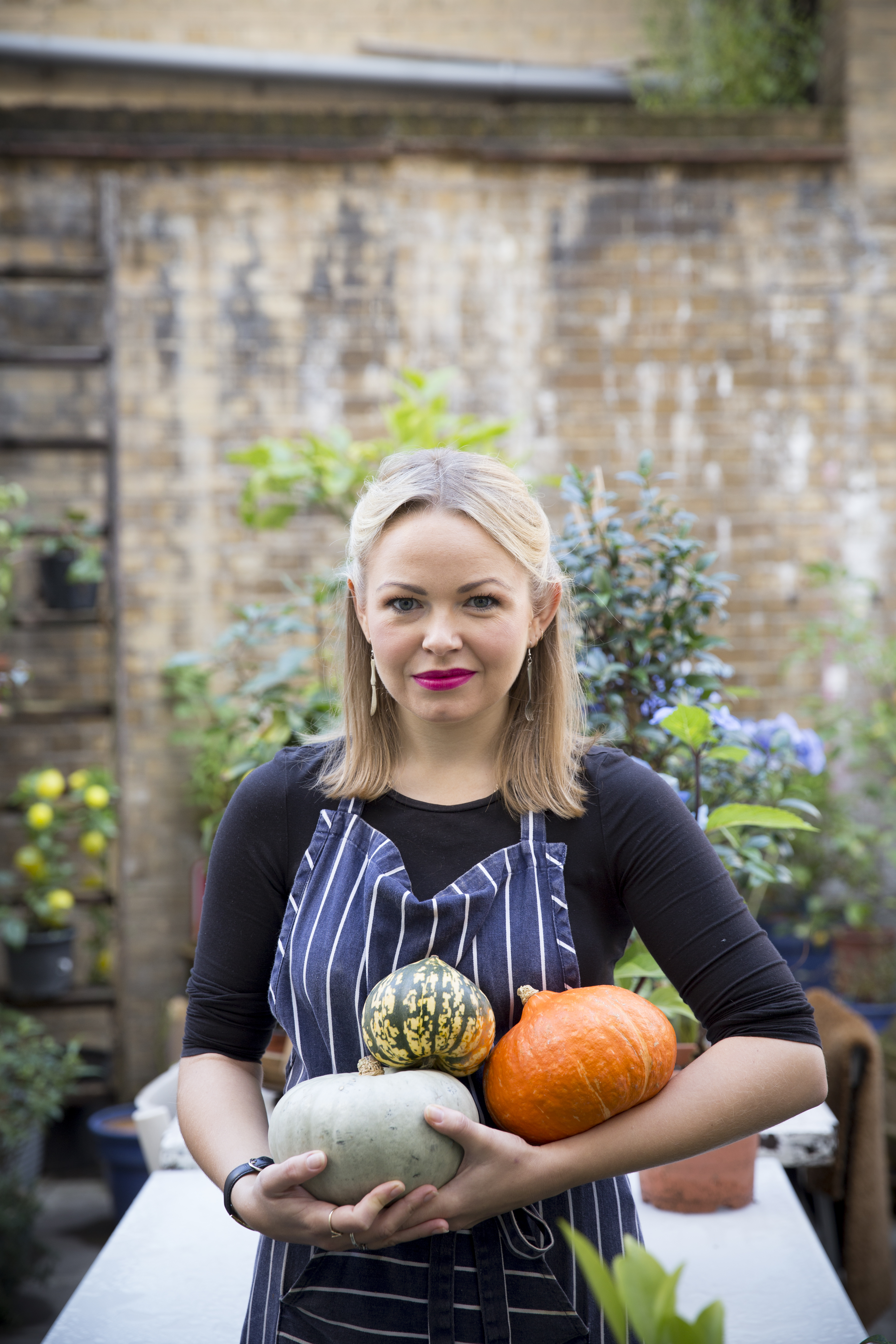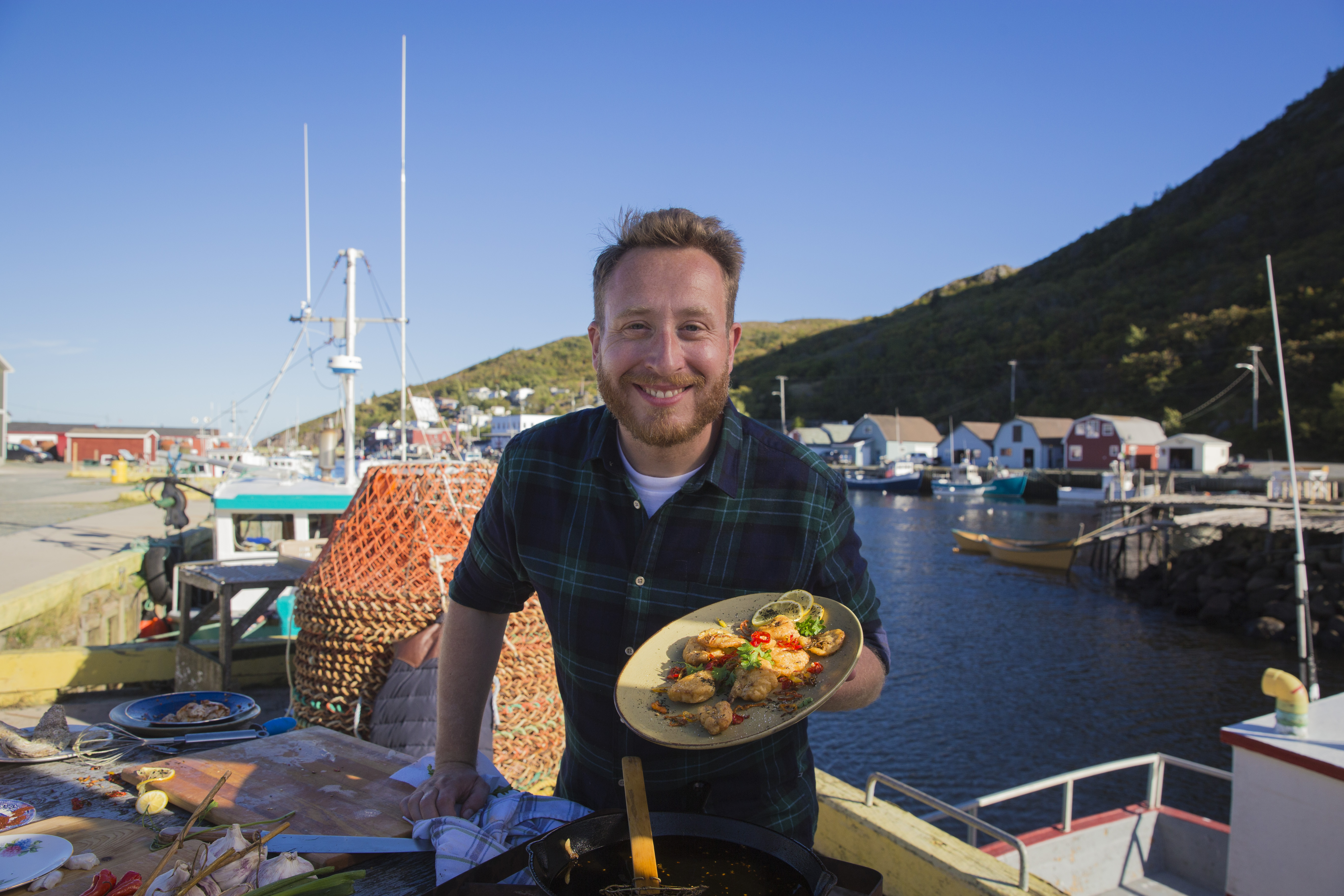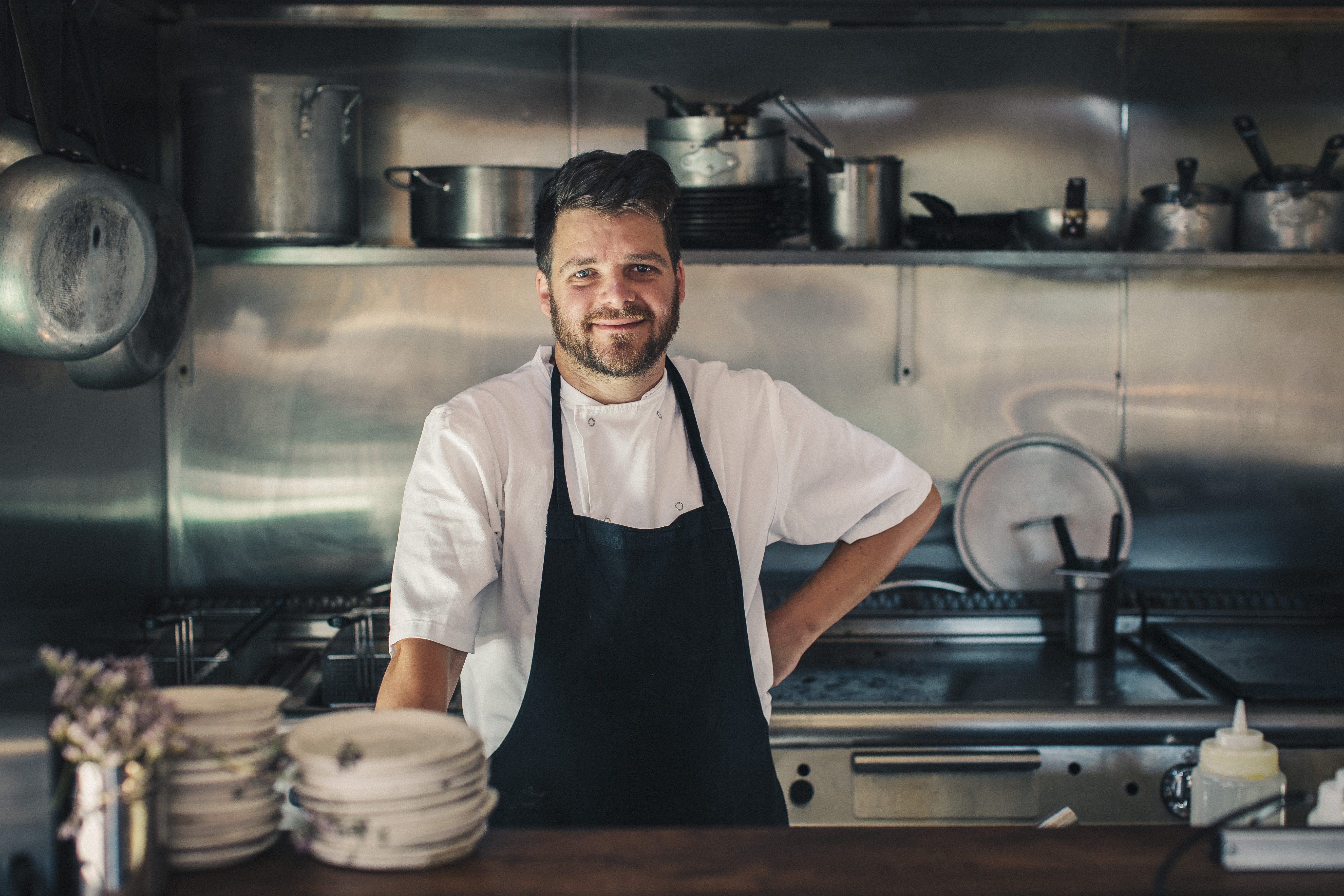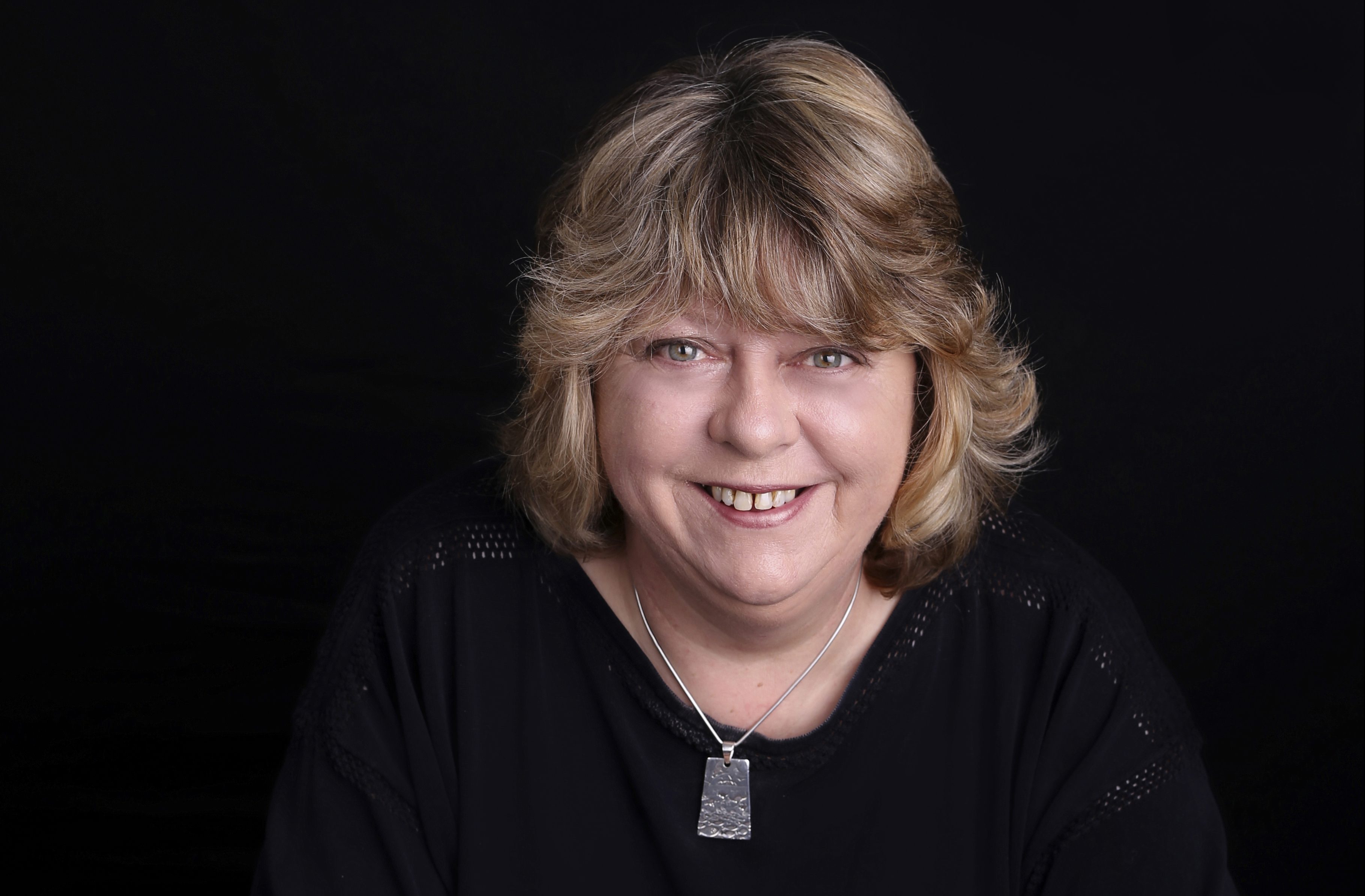- Soil Association
- Take action
- Organic living
- Organic heroes

Organic heroes
Who's supporting organic?
Find out more about our amazing campaign ambassadors who are helping us spread the word about what organic means, and helping you get creative in the kitchen with their delicious organic recipes.








